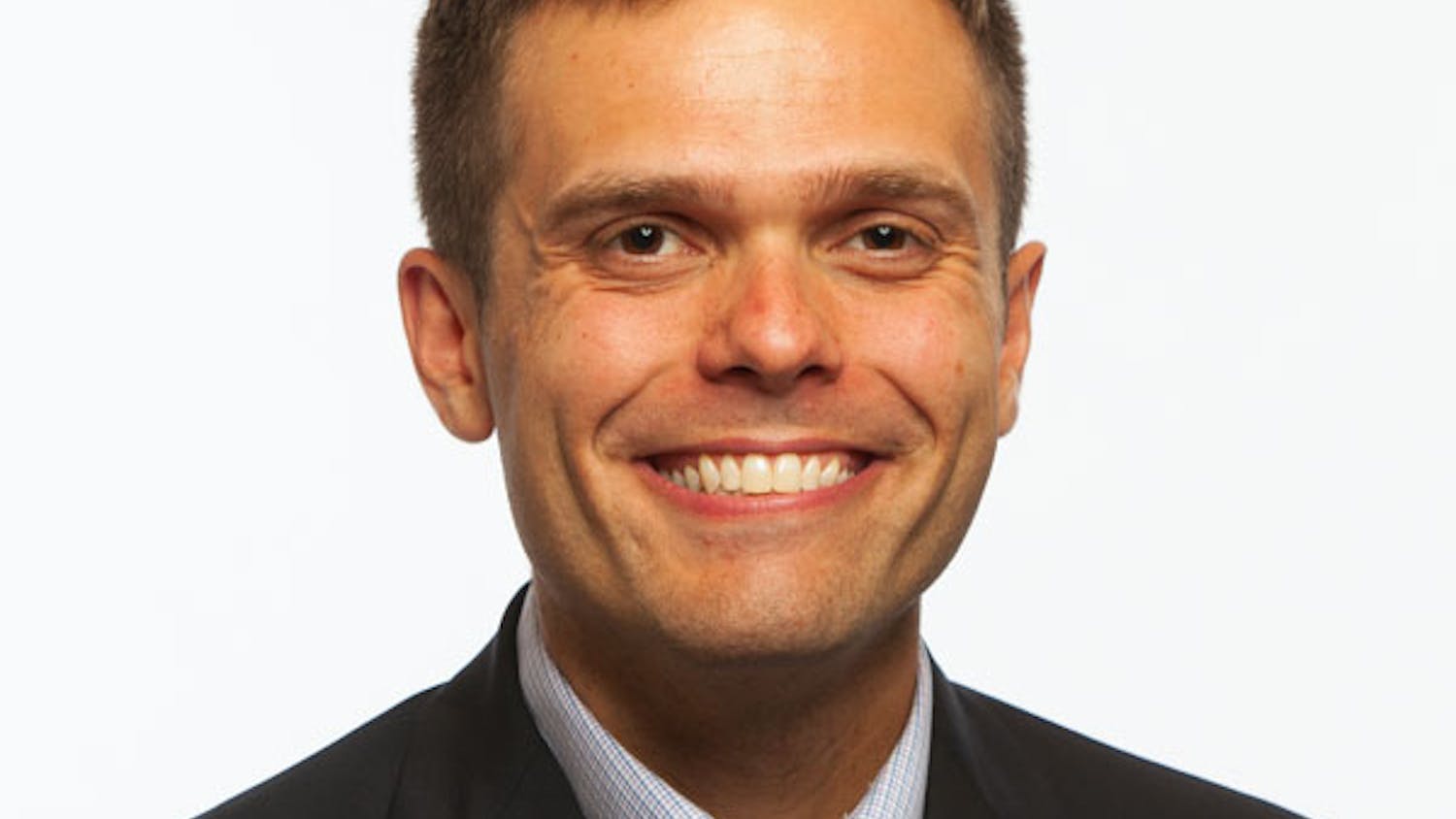Students who wish to live off-campus may face approval challenges depending on whether they meet certain requirements. Education students, however, are automatically approved for off-campus housing during their senior year, so they can invest in their 17 credit hour student-teaching experience.
While gaining approval for off-campus housing is immediate, the process to ensure a student lives in an on-campus apartment is different.
Junior education students meet with Assistant Professor of Education David McGinness in the fall semester to discuss the student teaching process as well as how the housing process works. Students can only apply for either on-campus or off-campus apartments.
Julia Hurlow, associate vice president for student development and director of residence life, said that when education students apply for on-campus apartments, they are required to do so in groups of four.
Education students who wish to live in the on-campus apartments are not guaranteed a spot during this process. Availability is limited, and applicants are prioritized based on their credit count.
Applicant groups with a highest credit average are more likely to get a spot than those with a lower average. Those who are not accepted at first may be added to a waiting list.
Department Chair and Associate Professor of Education Benjamin Hotmire said that education students undergo a vastly different experience during their student-teaching semester.
“During the semester, they are acting as the classroom teacher for probably roughly half of the semester,” Hotmire said. “Because of that, they have to be able to focus professionally in a way that is, again, not like most other college students.”
The intensive environment requires students to function under the circumstances of a full-time job. A student’s residential life must mold to that experience.
As a result, students are highly discouraged from living in traditional communal dorms on campus. Those who wish to do so must undergo a separate process of approval. While there are exceptions, it is not guaranteed.
A student teacher’s schedule requires them to be up earlier than the average student on campus. Typically, Hotmire said, they must be in their classroom before school starts.
From morning until afternoon, students are at their school fulfilling their responsibilities. Evenings are reserved for researching and lesson planning.
Although it is not required, students are recommended to take their student teaching experience during the fall semester.
Senior elementary education major Mayce Freidner said that living in the off-campus or on-campus apartments provides a transitional point for education students preparing to graduate.
“I think they're also preparing you for what adulthood is going to look like, in a way,” Freidner said.
Students who do not make it into the on-campus apartments are provided a list of alternative off-campus housing locations outside of Taylor’s campus.
Freidner recommends future senior education majors to start the on-campus apartment roommate conversation with their friends early. That way, when the application opens, those students will already have a complete group.
The transition into a life apart from the Taylor dorm community is a new stage. Hurlow encourages students to embrace this transition.
“The grass is greener where you water it, and it would be my encouragement that wherever someone lives to make it look like the kingdom of God by cultivating the fruits of the Spirit,” Hurlow said.




